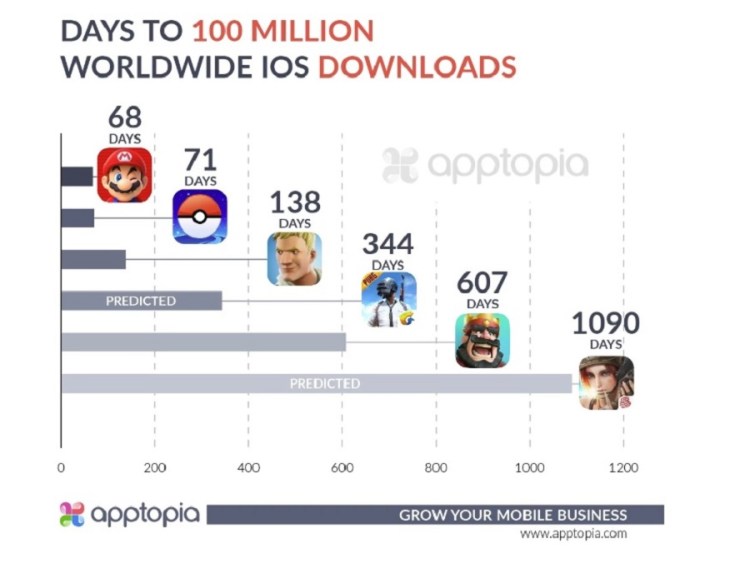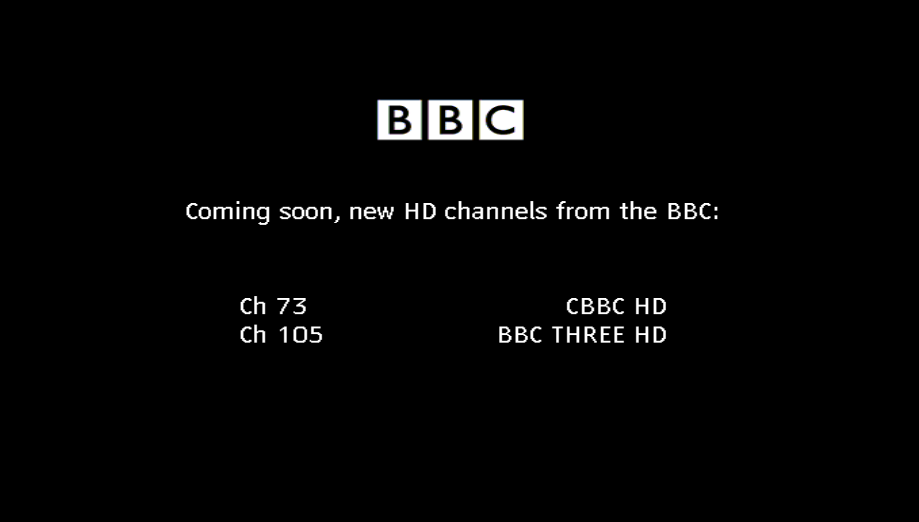The Fortnite IOS Ban: A Detailed Explanation

Table of Contents
The Epic Games vs. Apple Dispute
The core conflict stemmed from Epic Games' deliberate attempt to circumvent Apple's in-app purchase system, a move that violated Apple's App Store guidelines and led to the infamous Fortnite iOS ban.
Epic's Direct Payment System
Epic Games introduced a direct payment system within Fortnite, allowing players to purchase in-game items directly from Epic, bypassing Apple's 30% commission. Epic argued this system offered:
- Lower prices for users: By cutting out Apple's cut, Epic claimed users would receive better value.
- Higher revenue for developers: Epic posited that more revenue would flow directly to them, allowing for greater investment in game development and features.
However, Apple viewed this as a direct violation of its App Store rules, citing concerns about:
- Loss of revenue: Apple's 30% commission is a significant source of income, and Epic's system threatened to undermine this.
- Inconsistent App Store Ecosystem: Allowing developers to bypass the in-app purchase system would create an uneven playing field and potentially damage the App Store's integrity.
Apple's Response and the Subsequent Ban
Apple responded swiftly, removing Fortnite from the App Store and terminating Epic Games' developer accounts. Apple justified this action by stating that Epic had violated the App Store's terms of service, jeopardizing the fair and consistent ecosystem they strive to maintain. This decisive action escalated the conflict, setting the stage for a major legal battle.
Legal Ramifications and Ongoing Litigation
The Fortnite iOS ban ignited a firestorm of legal action, primarily focusing on antitrust claims.
Antitrust Lawsuits
Epic Games filed antitrust lawsuits against both Apple and Google, alleging monopolistic practices and unfair restrictions. Epic's key arguments included:
- Monopolistic control: Epic argued that Apple and Google hold monopolies over their respective app stores, allowing them to dictate unfair terms to developers.
- Unfair restrictions: Epic challenged the 30% commission rate, claiming it was anti-competitive and stifled innovation.
Apple and Google, in their defense, maintained that their app stores provide valuable services, including security and payment processing, justifying their commission fees. They also argued that their policies protect consumers and maintain a fair and competitive app marketplace.
The Ongoing Legal Battle
The legal battle surrounding the Fortnite iOS ban is complex and ongoing. While some initial rulings have been made, the full impact on app store policies and developer rights remains to be seen. Key developments in the case continue to shape the discourse around app store regulations and competitive practices within the mobile gaming industry. The ongoing nature of this legal saga necessitates continued monitoring for updates and court decisions.
Impact on the Gaming Industry and Consumers
The Fortnite iOS ban had immediate and far-reaching consequences.
Loss of Access for iOS Users
Millions of Fortnite players using iOS devices lost access to the game. This resulted in widespread disappointment and frustration among the affected user base. Players had to seek alternative gaming options or platforms to continue playing.
Broader Implications for Mobile Gaming Developers
The Epic Games vs. Apple dispute has significantly impacted other mobile game developers. The case has raised concerns about:
- In-app purchase policies: The debate has increased scrutiny of app store commission rates and the potential for fairer alternatives.
- Developer revenue: The outcome will likely influence how app stores handle developer revenue and the potential for increased competition.
- Increased scrutiny of app store practices: The legal battle has prompted greater examination of the power and practices of app store operators.
Conclusion
The Fortnite iOS ban remains a landmark case with significant implications for the future of mobile gaming and app store policies. The ongoing legal battle highlights the tension between developers seeking greater control over their businesses and app store operators aiming to maintain a curated and secure ecosystem. While the initial impact was the loss of access for iOS Fortnite players, the long-term consequences will likely reshape how app stores operate and how developers interact with these platforms. Understanding the intricacies of the Fortnite iOS ban is crucial for anyone involved in the mobile gaming industry. Stay informed about further developments in this ongoing legal saga and continue to monitor the evolution of the “Fortnite iOS Ban” case.

Featured Posts
-
 Eurovision 2025 Uk Entry Announced Amidst Controversys Shadow
May 18, 2025
Eurovision 2025 Uk Entry Announced Amidst Controversys Shadow
May 18, 2025 -
 Fifteen Years Later Amanda Bynes Announces New Entertainment Project
May 18, 2025
Fifteen Years Later Amanda Bynes Announces New Entertainment Project
May 18, 2025 -
 Angels Defeat White Sox In Rain Shortened Game Thanks To Paris Homer
May 18, 2025
Angels Defeat White Sox In Rain Shortened Game Thanks To Paris Homer
May 18, 2025 -
 Driver Dies After Dam Square Car Explosion Police Suspect Suicide
May 18, 2025
Driver Dies After Dam Square Car Explosion Police Suspect Suicide
May 18, 2025 -
 Easy A On Bbc Three Hd A Comprehensive Viewing Guide
May 18, 2025
Easy A On Bbc Three Hd A Comprehensive Viewing Guide
May 18, 2025
Latest Posts
-
 Economic Development Commission Receives 800 K Grant Florida Space Coast
May 18, 2025
Economic Development Commission Receives 800 K Grant Florida Space Coast
May 18, 2025 -
 Amanda Bynes Only Fans What To Expect From Her New Platform
May 18, 2025
Amanda Bynes Only Fans What To Expect From Her New Platform
May 18, 2025 -
 Is Only Fans The Future For Celebrities Amanda Bynes Weighs In
May 18, 2025
Is Only Fans The Future For Celebrities Amanda Bynes Weighs In
May 18, 2025 -
 Amanda Bynes Latest Celebrity To Embrace Only Fans Platform
May 18, 2025
Amanda Bynes Latest Celebrity To Embrace Only Fans Platform
May 18, 2025 -
 Amanda Bynes Steps Out New Only Fans Content Revealed
May 18, 2025
Amanda Bynes Steps Out New Only Fans Content Revealed
May 18, 2025
